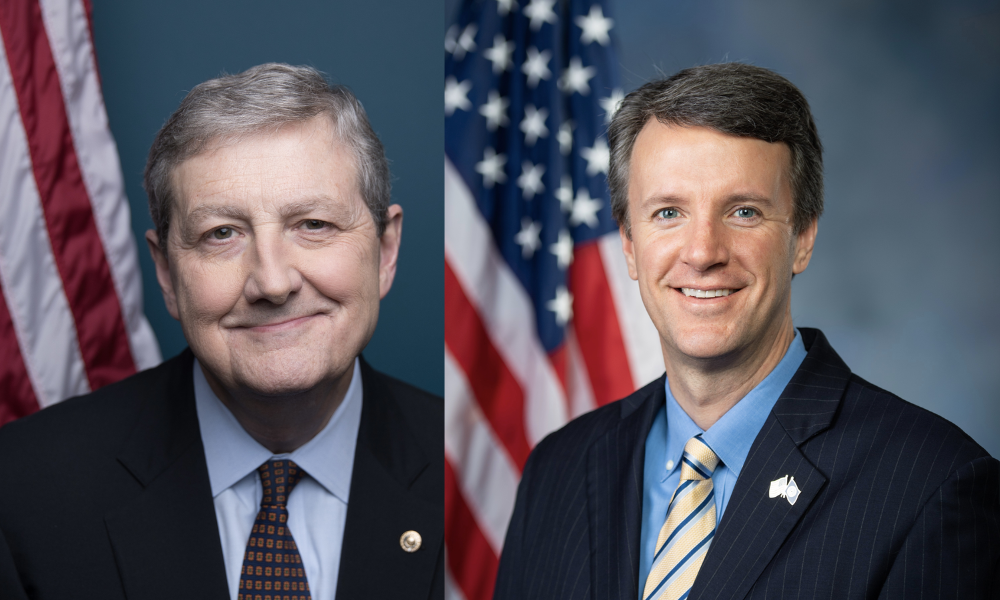News
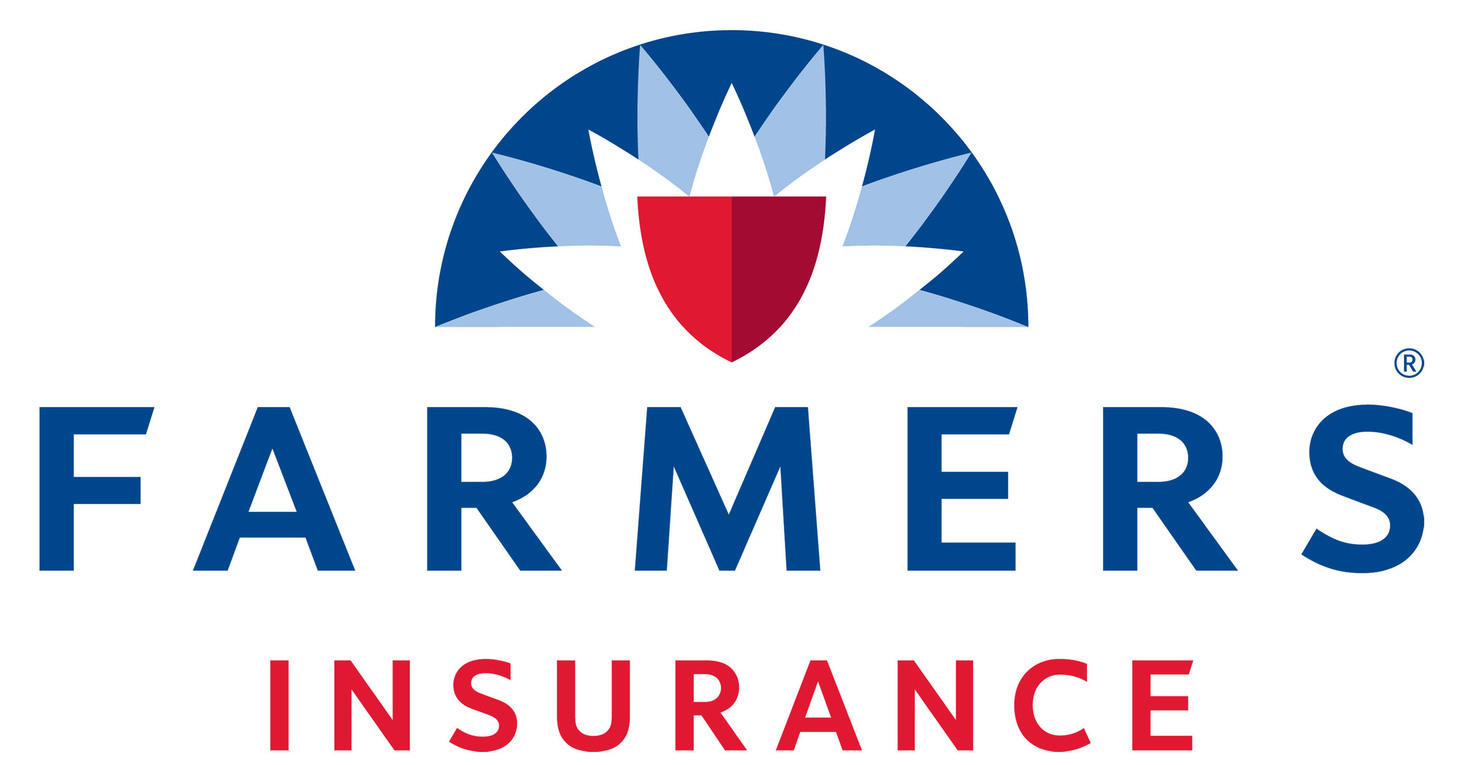
In Major Move to Expand Growth, Farmers Insurance® to Remove Cap on Writing New Homeowners Insurance Policies in California and Submits New Rating Plan
Anticipating an improved homeowners insurance market in California thanks to the spreading adoption of Insurance Commissioner Ricardo Lara's Sustainable Insurance Strategy, Farmers Insurance® will eliminate the cap on the number of homeowners insurance policies it offers in California, effective immediately.
This decision includes Farmers Smart Plan Home®, Farmers® Smart Plan Condominium and Farmers Smart Plan Renters policies. While Farmers has continuously offered homeowners insurance to consumers in the state, prior to today's announcement, Farmers homeowners offerings had been capped at 9,500 new policies per month.
In addition, Farmers has filed a new rating plan that incorporates key elements of the Sustainable Insurance Strategy and is expected to add at least several thousand new policies in areas identified as distressed by the California Department of Insurance. To aid in this effort, in early 2026, Farmers will begin marketing directly to approximately 300,000 consumers in the distressed areas, as well as providing local Farmers agency owners with resources to conduct additional marketing outreach.
The filing, which requests a 6.99% average statewide rate increase, also proposes an updated discount for customers who choose to bundle their Home and Auto insurance with Farmers, offering a significantly improved 22% Home/Auto discount, up from 15%.
"By removing the cap on offering new homeowners policies, Farmers is doubling-down on its commitment to California homeowners, expanding choice and availability for consumers across the state," said Behram Dinshaw, president of personal lines for Farmers Insurance. "We are also reaffirming our commitment to serving the needs of residents by submitting a new Sustainable Insurance Strategy-inspired rating plan which is designed to expand our offerings to more homeowners across California."
While the homeowners insurance market in the state has been a challenge for some time, Farmers, the largest property casualty insurer headquartered in California, has remained dedicated to helping maintain an open and viable insurance marketplace by continuing to offer new homeowners insurance policies in the state without stoppage.
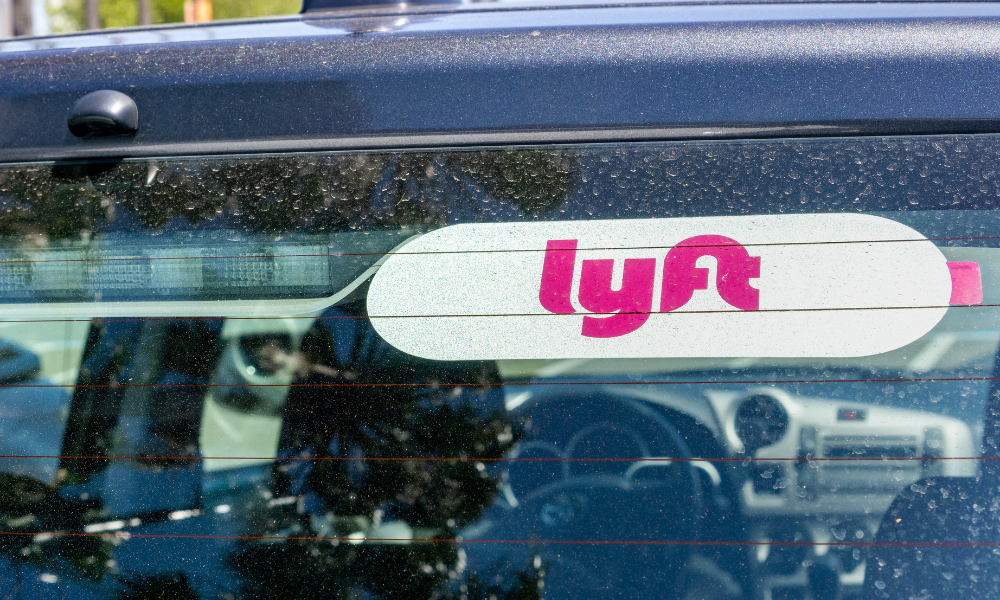
Allstate faces class action over alleged illegal rideshare insurance scheme
Two California Lyft passengers claim Allstate charged riders for mandatory coverage while engineering policies to deny claims.
A lawsuit filed this week in federal court accuses Allstate Insurance Company and its subsidiary North Light Specialty Insurance Company of running what plaintiffs call a "bait-and-switch" operation that generated profits by selling California rideshare passengers illegal insurance coverage designed to evade coverage obligations.
Bruno Llerena and Christopher Roselli filed the proposed class action November 18 in the Northern District of California, alleging the insurance companies knowingly violated state law from October 1, 2020 through October 1, 2022 by crafting Transportation Network Company policies for Lyft that appeared to provide the required one million dollars in uninsured motorist coverage while actually excluding claims through unlawful provisions.
The allegations center on how North Light handled the intersection between California's mandatory rideshare insurance and Proposition 22's occupational accident insurance requirement. According to the filing, North Light created policy language stating it would not pay for any losses if a person was "entitled to receive payment" under occupational accident insurance, effectively excluding coverage for medical expenses and lost wages.
AI in Insurance
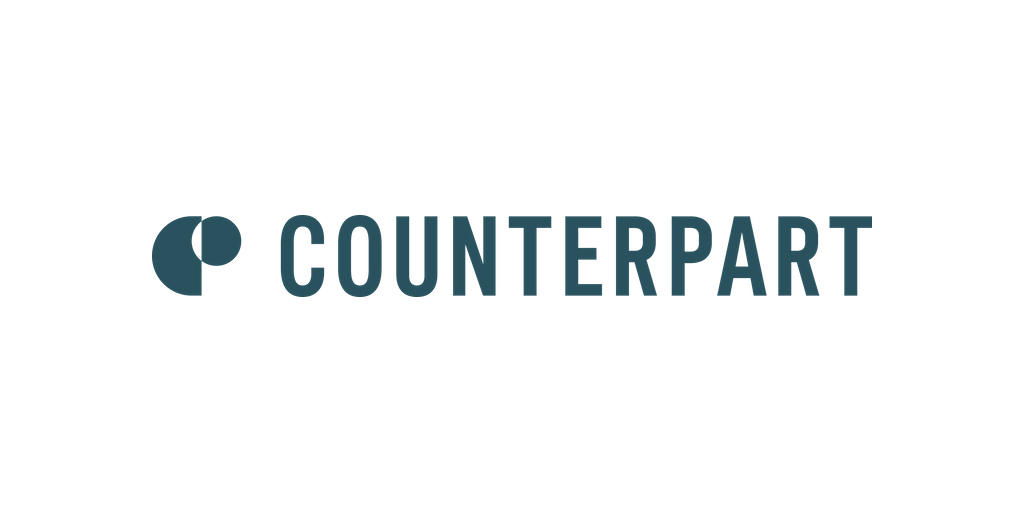
Leading Insurtech, Counterpart, Addresses Critical Coverage Gap With Affirmative AI Coverage
Businesses are adopting Artificial Intelligence (AI) faster than ever, but their insurance has not kept pace. From AI-related discrimination claims to inaccurate AI-generated recommendations, a growing number of companies are discovering that their professional liability policies exclude coverage for the new tools they have come to rely on.
Counterpart, the leading Agentic Insurance™ platform, today announced the expansion of its Affirmative AI Coverage and the adBusinesses are adopting Artificial Intelligence (AI) faster than ever, but their insurance has not kept pace. From AI-related discrimination claims to inaccurate AI-generated recommendations, a growing number of companies are discovering that their professional liability policies exclude coverage for the new tools they have come to rely on.
AI adoption among small businesses has surged, with 92% now using AI in some form, primarily for research, marketing, and customer support. Automated decision-making tools have quickly become part of daily operations, improving efficiency but also amplifying risk. Research from Harvard Law’s Forum on Corporate Governance found insurers are increasingly writing exclusions for AI-related risks and automated decision-making, leaving many businesses exposed.
"AI-related risks are rapidly evolving. Coverage is by no means guaranteed by traditional E&O, D&O, Cyber, and CGL policies, which are ‘silent’ on such exposures and may be mitigated through AI-related exclusions or other policy limitations. To avoid any potential gap in coverage, companies should consider affirmative cover for the concentric circles of AI-related liability," said Ommid C. Farashahi, Insurance Coverage Partner at BatesCarey LLP.
For many insurers, AI is still a gray area. Coverage is often silent, leaving business owners unsure about how their policies actually respond to these growing exposures. Counterpart’s Affirmative AI Coverage removes that uncertainty by directly addressing errors generated from first and third-party AI tools.

Major insurers seek approval to limit liability for AI-related claims - report |
Three prominent insurance companies have submitted requests for regulatory approval to limit their liability for claims arising from artificial intelligence systems, including chatbots and other automated services.
According to AIG, Great American and WR Berkley, the move reflects growing concern over the potential for multibillion-dollar claims tied to AI-related errors or harm.
The proposal comes as AI tools increasingly enter business operations, from automated customer service agents to advanced decision-making systems. While these technologies can improve efficiency and reduce costs, they also introduce new and complex risks, the Financial Times reported.
Insurers are proactively addressing these emerging exposures to ensure their policies remain viable in the face of potentially catastrophic AI-related losses. Limiting liability would allow these carriers to continue offering coverage while managing the uncertainty inherent in AI systems.
AIG, Great American and WR Berkley are established leaders in the insurance market, and their coordinated approach signals a broader industry trend - traditional insurers are adjusting their underwriting practices to keep pace with rapidly evolving technology. For policyholders, this development may influence the types of coverage available, the terms of policies, and the premiums charged for AI-exposed risks.
Businesses relying on AI may need to reassess their risk management strategies, considering both potential gaps in coverage and the need for specialized policies to address new liabilities, according to the report.
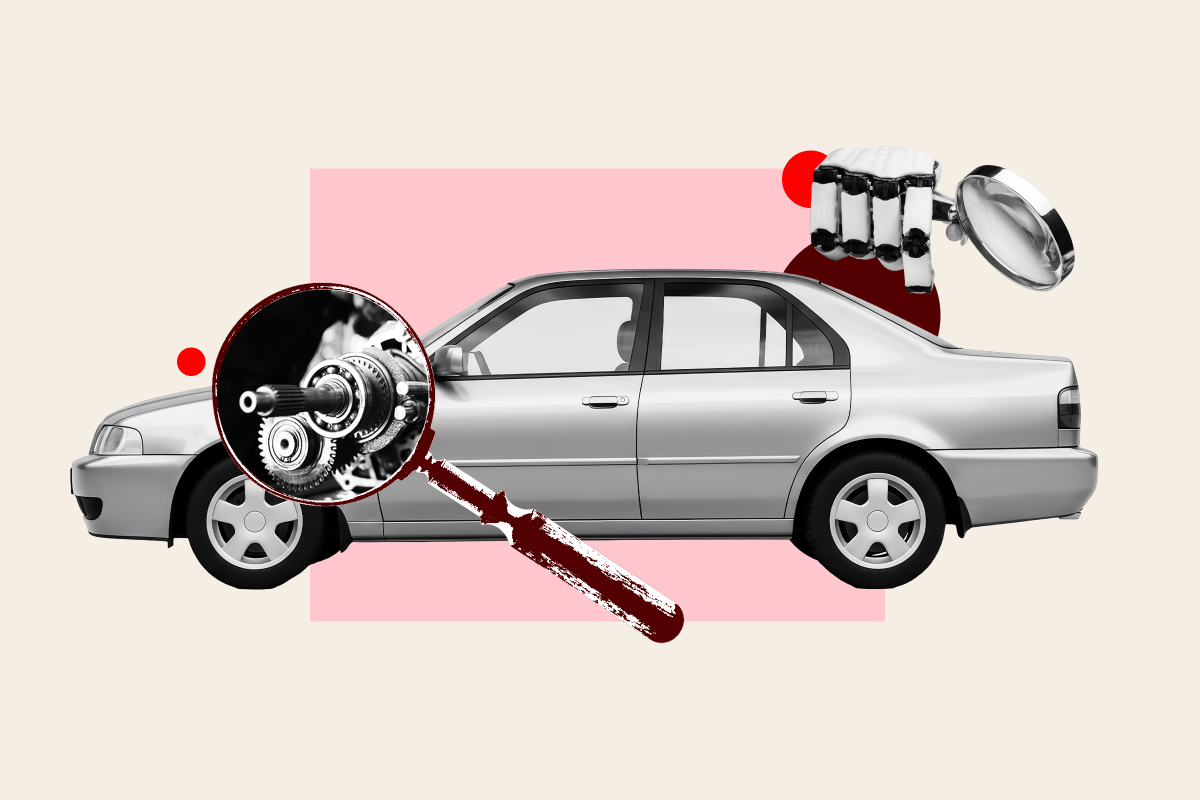
AI Isn’t Replacing Insurance Experts, It’s Amplifying Them - Newsweek
AI is transforming claims, helping insurers work faster while strengthening human connection
Artificial intelligence is accelerating across the insurance and collision-repair ecosystem in ways that no longer look experimental.
What began as a set of narrow, mostly internal tools has shifted into a strategic priority for an industry under pressure to move faster, manage more data and meet rising customer expectations.
“The reality is, AI isn’t new to the auto insurance and collision repair industries,” Kristyn Emenecker, vice president of product management at CCC Intelligent Solutions, told Newsweek.
“They’ve been using it for years. At CCC, we’ve been investing in AI for more than a decade and have been embedding AI into our products for more than five years. What’s different now is the urgency and scale.”
Boards, she added, have moved from “let’s test AI” to “we need to adopt AI responsibly,” as capital continues flowing into insurtech.
Research

NEARLY ALL U.S. DRIVERS ENGAGE IN AGGRESSIVE DRIVING
According to new research from the AAA Foundation for Traffic Safety, a whopping ninety-six percent of drivers admitted to aggressive driving behaviors in the past year, and exposure to such conduct makes drivers more likely to act aggressively themselves.
The study found that aggressive driving has become nearly universal, with 92% of drivers reporting behaviors that endanger others such as speeding or cutting off vehicles. Eleven percent admitted to violent actions including intentionally bumping another car or confronting other drivers. Risky and unsafe driving increases the likelihood and severity of crashes, which is a key factor contributing to rising auto insurance costs.
AGGRESSIVE DRIVING & RISING AUTO INSURANCE COSTS AT A GLANCE:
- Changes in driving patterns, lifestyles, and technology (both inside and outside the vehicle) in the past decade may have changed the types of behaviors that road users perceive as aggressive, as well as the causes and contributing factors of aggressive driving behaviors.
- Cutting off other vehicles increased 67% since 2016, while honking out of anger rose 47%. However, tailgating decreased 24% and yelling at other drivers dropped 17%.
- The study identified a contagion effect, where drivers exposed to higher levels of aggressive behavior were more likely to drive aggressively themselves.
- Auto insurance claims and expenses spiked to more than $1.04 per dollar of premium from 2022-2023. Moderating after a high of $1.12 in 2023.
While there is not much a person can do about economic factors such as inflation, you can have an impact on what you pay for auto insurance by avoiding dangerous driving behaviors, such as aggressive driving. With the busy holiday season right around the corner, Ryan McMahon & Bob Passmore discuss the prevalence, dangers, and costs associated with aggressive driving. They also provide motorists with strategies to drive safer, which can help lower insurance costs.
To learn more about what’s driving auto insurance costs and ways you can save money, visit:
Commentary/Opinion
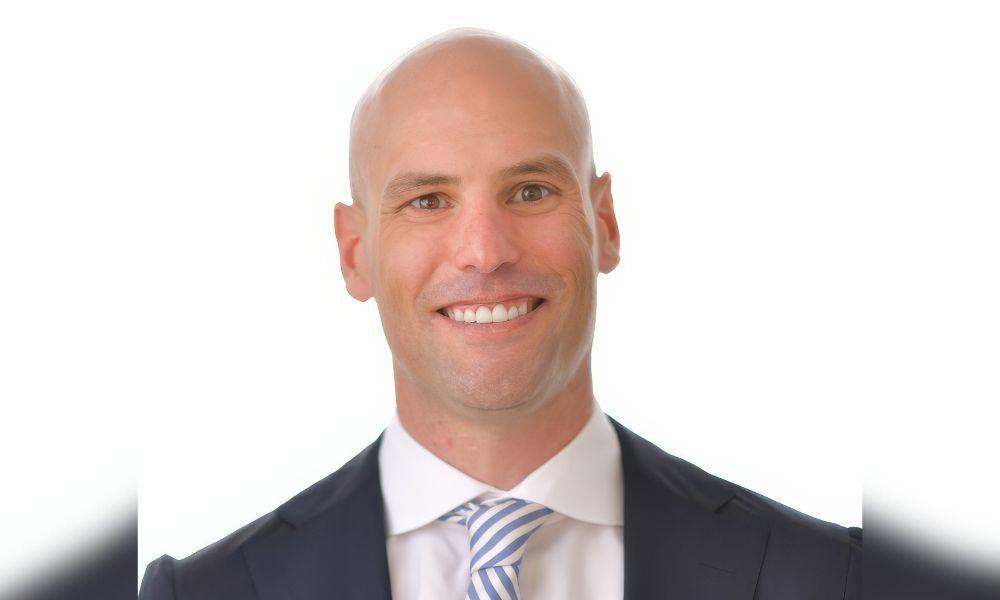
Why resilience in reinsurance means thinking 50 years ahead
Resilience in reinsurance has little to do with weathering a tough year. It’s about building a business that can function 50 or even 100 years from now. That long-term lens is not optional in today’s high-volatility climate - it’s the business model itself.
“Our product is naturally meant to address this tail scenario,” said Kyle Menendez (pictured), managing director at Howden Re. “Is your risk appetite able to be resilient across a landfalling hurricane, or do you have to pivot in that instance?”
Menendez believes the most forward-looking firms in reinsurance don’t just model natural catastrophe - they engineer their organizations to absorb and adapt to it. That includes how they price, how they partner, and how they confront larger societal risks like climate change and legal system abuse.
“That doesn’t mean that the long-term vision should be complacent,” he said. “The most resilient companies are constantly challenging themselves and their forward thinking.”
He pointed to building codes and zoning policy as examples where insurers, reinsurers, and intermediaries should take a more active role - not just leave it to government. Rebuilding in flood-prone areas without adaptation, he said, is the opposite of resilience.
“Did we rebuild in basically the same floodplain area?” he said. “Or have we thought about building houses on stilts or elevating grounds so that we’re building resiliency into the system?”
People
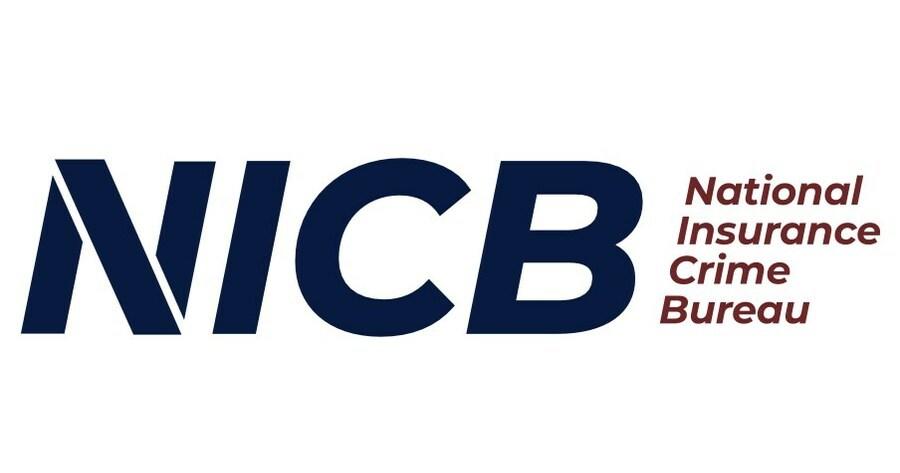
NICB Announces Nicholas Seminara as Chair of Board of Governors
The National Insurance Crime Bureau (NICB), the nation's premier non-profit organization dedicated to combating insurance fraud and crime, announces the election of Nicholas Seminara, Executive Vice President and Chief Claim Officer for Travelers, as the new Chair of its Board of Governors, effective November 13. Seminara replaces Matthew Murphy as Board Chair.
"Mr. Seminara has played an integral role in helping to modernize and evolve our data and intelligence-driven organization," said President and Chief Executive Officer David J. Glawe of the National Insurance Crime Bureau. "We look forward to his continued leadership in shaping our strategic direction and helping us achieve our mission to fight insurance fraud and crime."
Seminara re-joined the NICB Board of Governors in 2020 after serving a previous five-year term, which ended in 2017. Prior to his current position at Travelers, he served in various other senior roles within the company's Legal, Claim and Bond & Specialty Insurance organizations. Before joining Travelers, Nick was a Senior Bond Claim Attorney at CNA Insurance.
"I am deeply honored to serve as the next NICB Board Chairman and continue our efforts to protect individuals and businesses from fraud," said Seminara. "Through my work with both Travelers and the NICB, I have witnessed firsthand how important collaboration is to prevent and detect insurance fraud. I'm pleased to have the opportunity to build upon NICB's 115-year legacy as the central hub uniting carriers, law enforcement and regulators in delivering the best possible outcomes for consumers and the insurance industry."
Telematics, Driving & Insurance
Why Insurance Telematics Integrations Fail
Executive Summary
"An underwriter prices a risk based on fleet safety scores. The fleet has a major accident… The claims department has telematics data showing the driver was speeding—but that information never reaches underwriting for the renewal. Risk management has been sending unread safety alerts to the fleet manager for months."
The scenario is one example of a pattern that Kevin Henderson, CEO of data and analytics company Indenseo, has seen emerge over his 20 years of operational experience leading telematics integrations.
Here, he explains that even though insurance carriers have invested heavily in telematics technology, integration efforts consistently fail due to operational and cultural barriers. He identifies five recurring failure modes that include departmental silos and poor workflow adoption. He argues that success depends on aligning workflows, proving value quickly and fostering cross-department collaboration.
Kevin Henderson is the founder and CEO of Indenseo, a data and analytics software company in Oakland, Calif., building next-generation insurance solutions. Previously head of technology and content licensing at Infoseek, he later led data services at Trimble, working with major P/C carriers.
Fraud
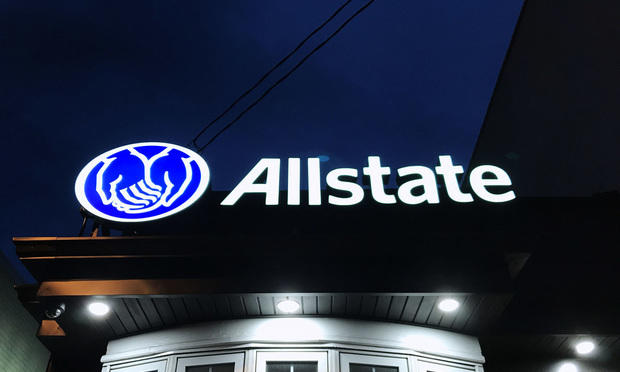
Allstate wants $5M for 'inflated' bodily injury claims
Allstate has filed a $5 million lawsuit against related Texas imaging centers and physicians for allegedly participating in an auto insurance scheme. The defendants in the case include Foundation Physician Group, a Dallas-based pain management firm, as well as affiliated entities Prime Imaging Partners and Memorial MRI & Diagnostic.
The suit, which was filed November 3, states that Allstate seeks to recover money it says was fraudulently procured by the defendants based on medical billings for services the insurer calls “unnecessary and unreasonable” in bodily injury claims. These services included examinations and injection procedures.
The alleged fraud occurred from mid-2019 to 2023.
The lawsuit claims that prior to 2019, Foundation Physicians Group included a number of orthopedic surgeons, pain management physicians and neurologists who saw an assortment of patients. However, by mid-2019, only a handful of part-time physicians saw patients at the Foundation, with nurse practitioners allegedly performing the majority of examinations and determinations.
The suit also claims that at this time the Foundation’s patient population became more limited to automobile accident patients, and that Texas delegation requirements for the Foundation's nurse practitioners were not followed.
Podcast Sponsor

Audio Version - 'Connected: The Podcast' --- Sponsored by Pulse Podcasts
The ‘Connected’ Podcast by Alan Demers and Stephen Applebaum, is a condensed audio version of the day's ‘Connected' newsletter, a daily scan of all the happenings in the world of Insurance & InsurTech News.
Pulse Podcasts: Introduce a new way for your audience to hear your voice! We are a podcast creation service that helps businesses turn their written content, like blog posts and news articles, into beautiful podcasts. Our platform writes the script, records the voices, and mixes the audio to create engaging content for your audience. It's affordable and has super-fast turnaround!
LISTEN AND SUBSCRIBE BELOW

